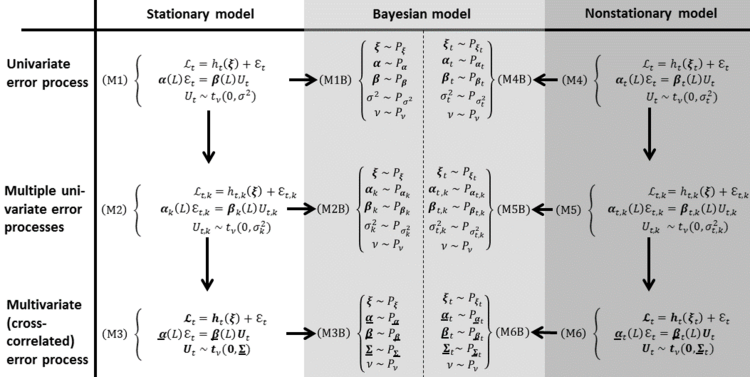Bayesian adaptive robust adjustment of multivariate geodetic measurement processes with data gaps and nonstationary colored noise

| Leitung: | Boris Kargoll, Hamza Alkhatib, Jens-André Paffenholz |
| Team: | Alexander Dorndorf, Mohammad Omidalizarandi |
| Jahr: | 2018 |
| Datum: | 01-11-18 |
| Förderung: | DFG |
| Laufzeit: | 2018-2021 |
| Ist abgeschlossen: | ja |






